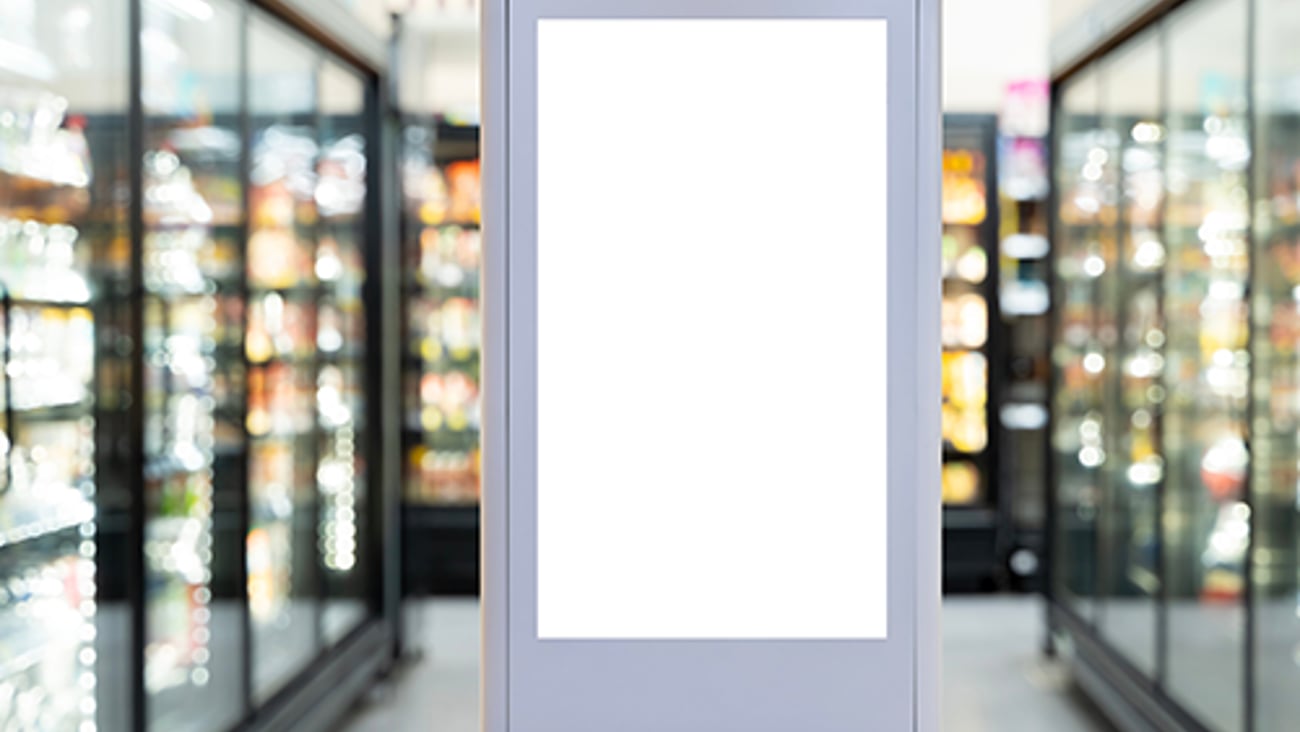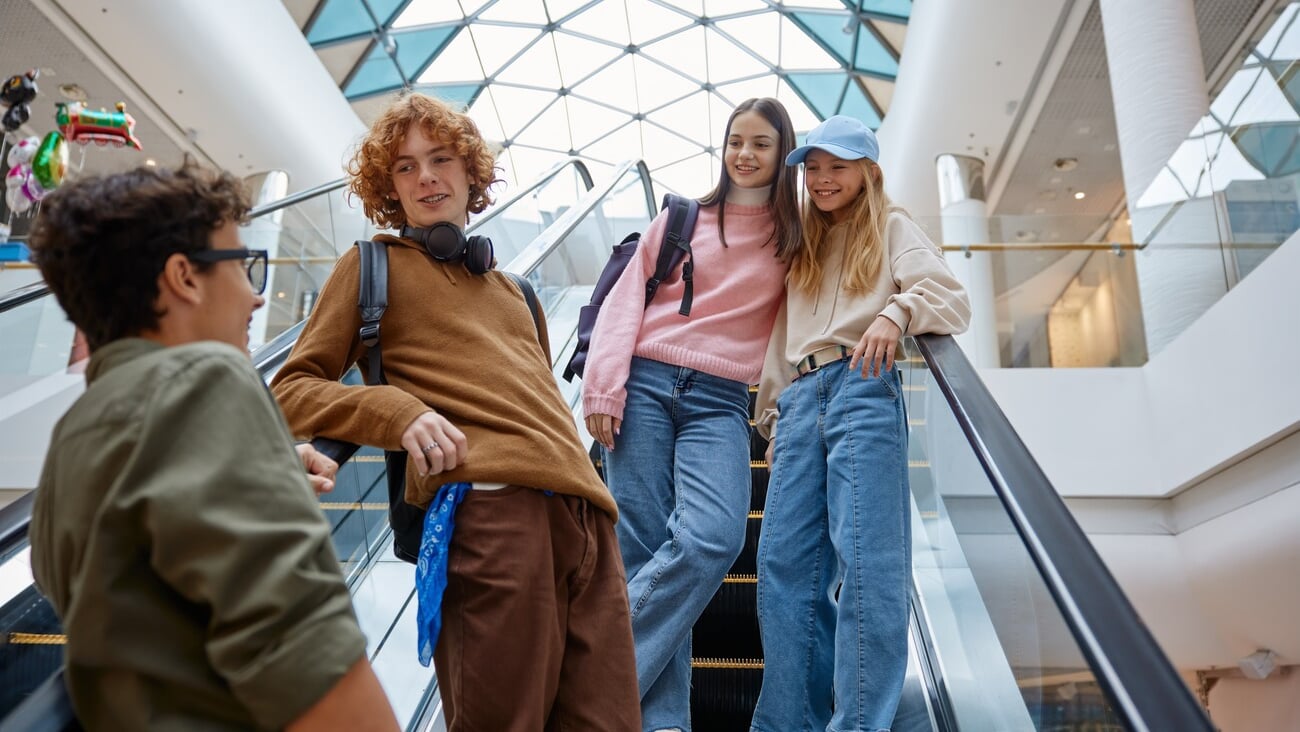A transformed community role for retail
You could always rely on food and drug retailers to donate to a wide range of causes and support communities ravaged by hurricanes and other natural disasters.
However, something changed during the pandemic. These retailers have become tied to communities on more levels than ever — supporting needs ranging from mental health to affordable housing. The growing engagement will tighten the bonds between retailers and their communities. And the momentum continues two years into the pandemic, as reflected by recent efforts.
Supporting Mental Health
The importance of mental health has been thrust into the spotlight during the pandemic. Retailers are addressing the mental health needs of employees and customers through tailored programs and donations to mental health organizations. One of the latest initiatives was Walgreens’ partnership with Mental Health America during the recent holiday season — a stressful time of year marked by higher levels of depression and anxiety. Walgreens made a $500,000 donation to the partner organization and announced a donation-match effort.
[Read more: Breaking down barriers: Retail pharmacy is becoming a force in an unexpected area — providing mental health services]
Prioritizing Diverse-owned Lending
The pandemic period raised awareness of economic inequities in society. Retailers have pursued individual initiatives to help overcome economic challenges within communities. One of the most recent and substantial efforts is Giant Food’s $50 million money fund investment to support The Harbor Bank of Maryland, the only Black-owned and -managed commercial bank with headquarters in the state. The investment helps drive economic development by supporting individuals and small-business bank customers.
Accelerating Vaccinations
Retailers have stepped up to the COVID-19 challenge by providing vaccines across their communities — in extraordinary efforts that have raised the healthcare profiles of these companies. California-based Northgate Gonzalez Markets, a family-owned Hispanic food retailer, received a Community Uplift Award from the Food Industry Association for its creative strategies to support vaccination efforts. The retailer created an internal Covid Vaccination Committee and developed partnerships, bilingual education and vaccination events to support associates and community members.
Championing Affordable Housing
Societal inequities spotlighted during the pandemic include a lack of affordable housing. CVS Health is making big investments to battle this challenge as part of its commitment to address racial inequity and social determinants of health in underserved communities. It is investing $7.7 million with Raymond James Tax Credits Funds to build a 61-unit multifamily apartment home development for families in Tampa, Fla. Additionally, it is investing $11.6 million to provide 171 units of permanent supportive housing in Austin, Texas.
[Read more: CVS Health investing $6.5M in Denver’s affordable housing community]
Battling Food Insecurity
Programs to battle hunger have long been part of retailer community efforts, but this activity has reached new heights during the pandemic. This was especially the case in the wake of job losses and the recession during the early period of lockdowns, and the momentum continues. Albertsons has made a big mark through its Nourishing Neighbors Breakfast for Kids checkstand program. The retailer raised some $9 million in a campaign last September to make possible some 37 million breakfasts for children in the United States.
As remarkable as all these initiatives are, there’s something even more stunning. As retailers take on new areas of community focus, they aren’t pulling back on the old ones either — such as responding in real time to areas hit by natural disasters. A case in point is how Hy-Vee reacted to tornadoes that ravaged Kentucky and Tennessee in December. The retailer sent a team of 37 employees in 19 vehicles that included semitrailers and disaster recovery pickup trucks. The initiative delivered 327,000 bottles of water and more than 220,000 snack bars and breakfast items to support victims.
Retailers have a long history of serving as a lifeline to communities. Now they are doing so in more ways than ever.





